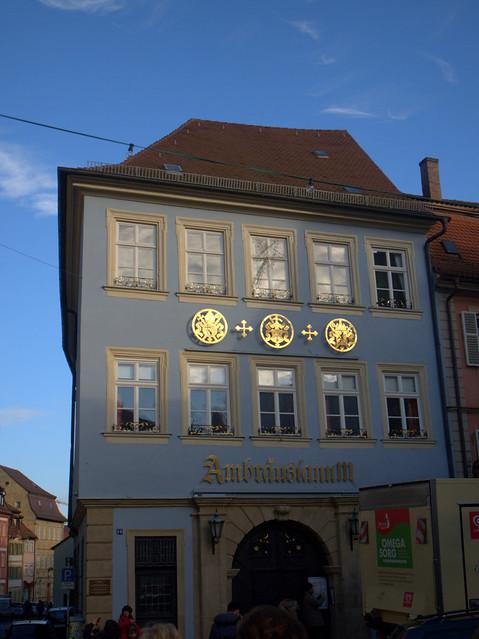David Sullivan: Insights into His Life and Contributions

Introduction
David Sullivan is a prominent figure in the world of football and business, primarily known for his role as the co-owner of West Ham United Football Club. His presence in the sport has not only influenced club dynamics but has also reflected broader trends in the football industry. The significance of his contributions to both football and business underlines the evolving landscape of sports ownership and management.
Early Life and Career
Born on January 6, 1949, in Cardiff, Wales, Sullivan began his professional journey in the publishing and adult entertainment industry. He established his fortune through several successful businesses, most notably in the magazine sector, where he operated a number of popular titles. His business acumen laid a strong foundation for his later ventures into football.
West Ham United Ownership
Sullivan became the co-owner of West Ham United in 2010, alongside his business partner David Gold, when they purchased a significant stake in the club. The duo introduced a business-savvy approach to managing the club, focusing on financial stability and strategic growth. Under their leadership, West Ham has seen progress both on and off the pitch, including a move to the London Stadium and investments in player acquisitions.
Recent Developments
As of 2023, Sullivan has faced both challenges and triumphs as the club navigates the complexities of the Premier League. In light of recent performances, fans have expressed mixed opinions about the direction the club should take. Sullivan’s foresight in the transfer market and commitment to improving club facilities have, however, received praise. Furthermore, his engagement with fans through various forums underscores an effort to foster a strong community connection.
Impact on Football
Sullivan’s journey reflects a significant trend in football where business acumen significantly influences club management. With an increasing number of clubs being owned by investors with entrepreneurial backgrounds, Sullivan’s strategies serve as a case study for the intersection of sports and business. His approach has also contributed to discussions around the financial sustainability of clubs, especially in a post-pandemic world where revenue streams have been heavily impacted.
Conclusion
David Sullivan’s contributions to football, particularly through his ownership at West Ham United, highlight the evolving nature of club management amidst economic challenges. As the football landscape continues to change, Sullivan’s experiences and strategies will remain relevant for both aspiring owners and fans alike. Observers will likely watch how he adapts to future challenges in the sport as football grapples with the balance between profitability and competitive integrity.
